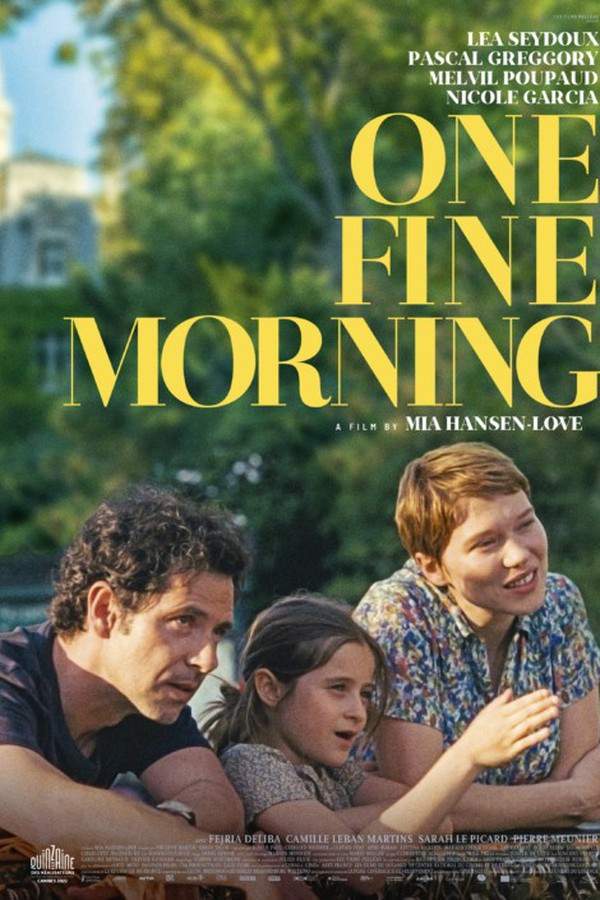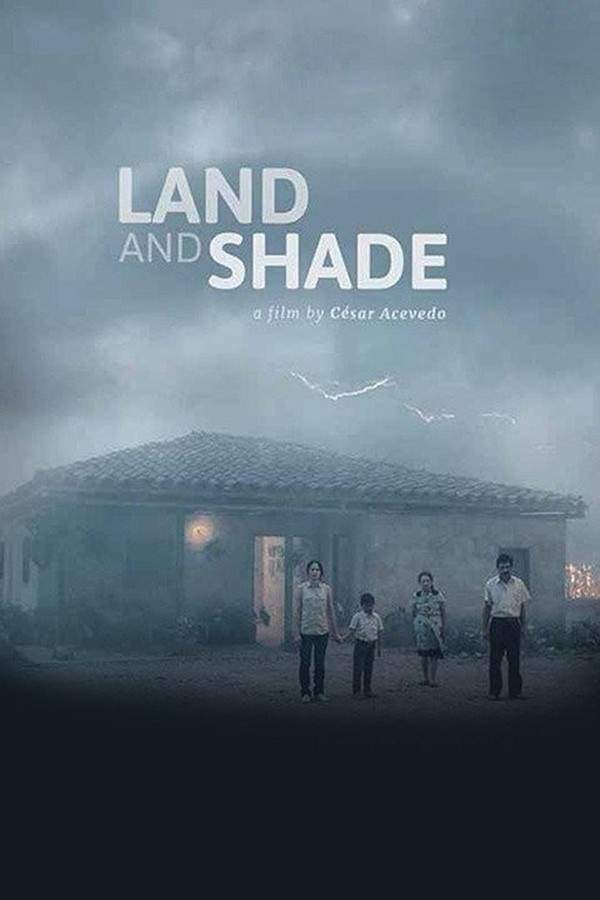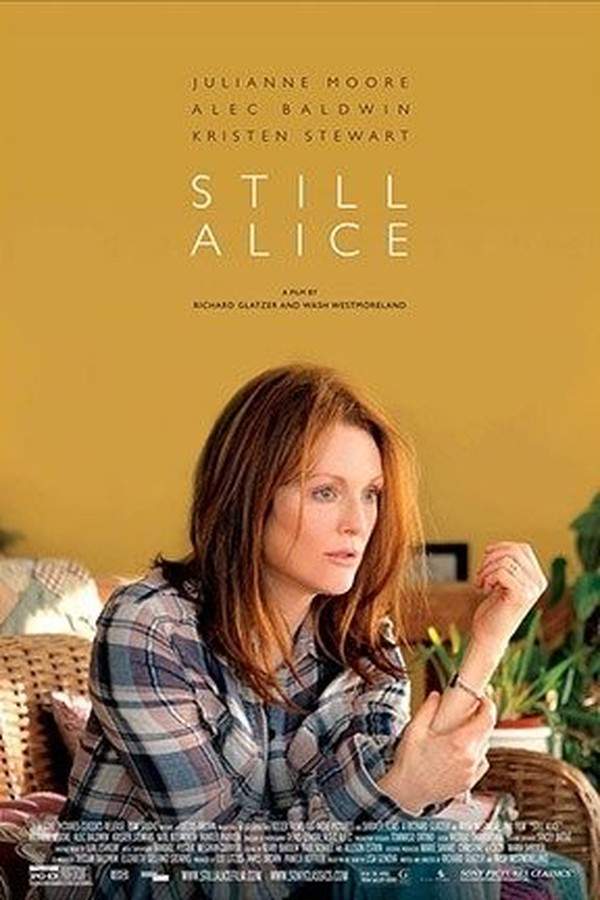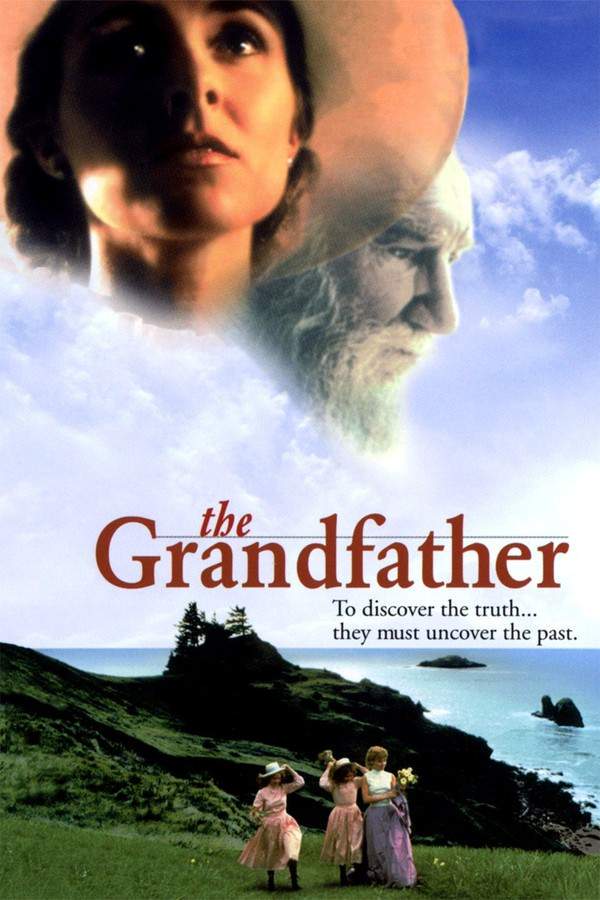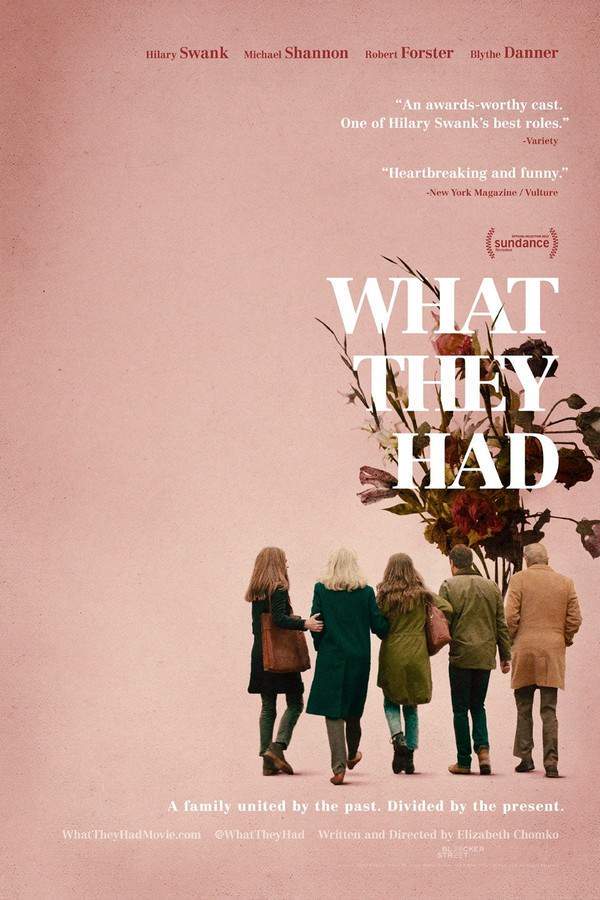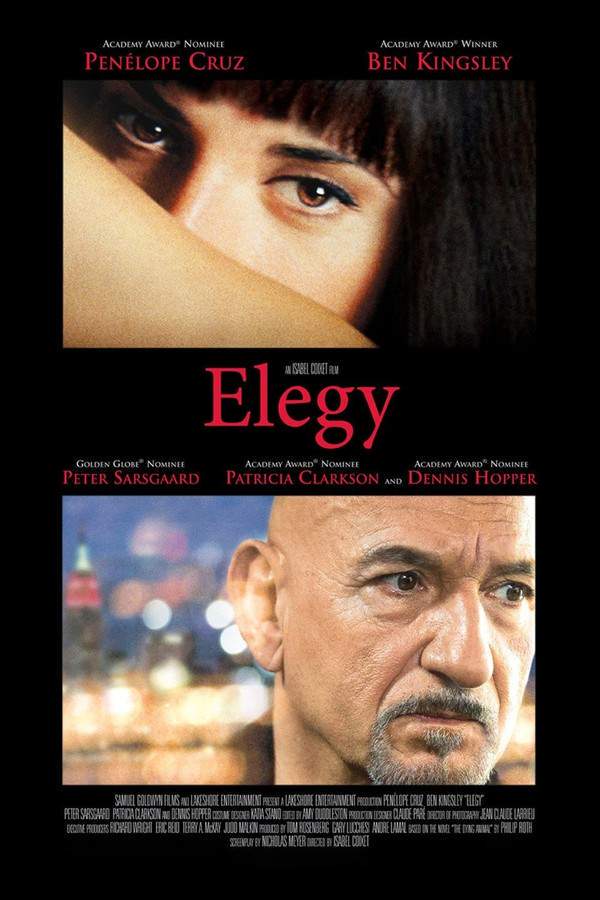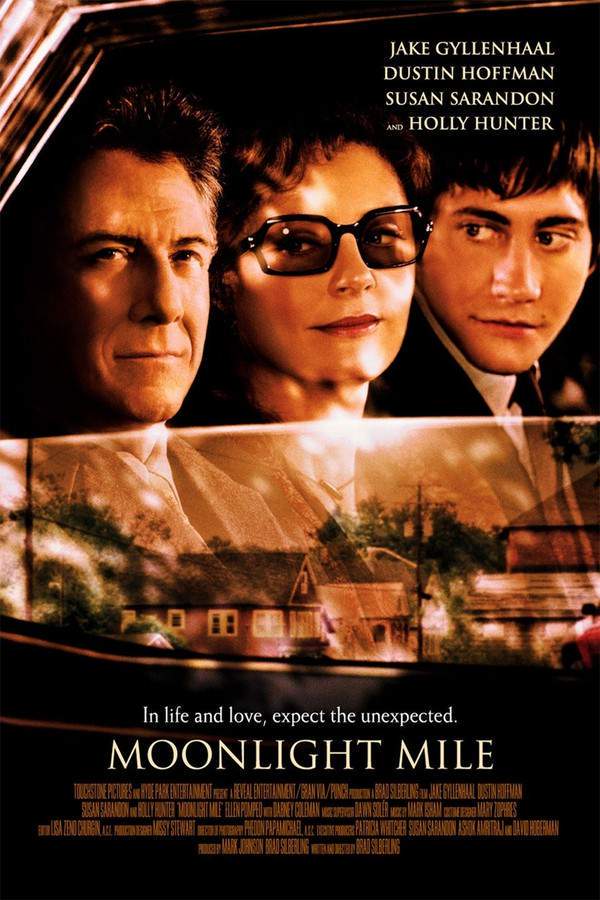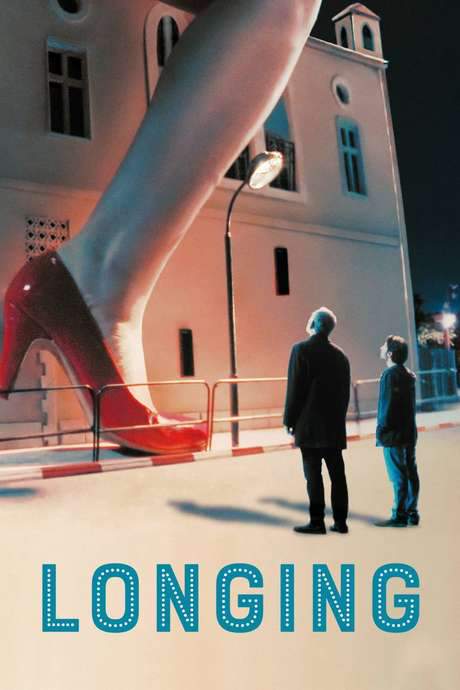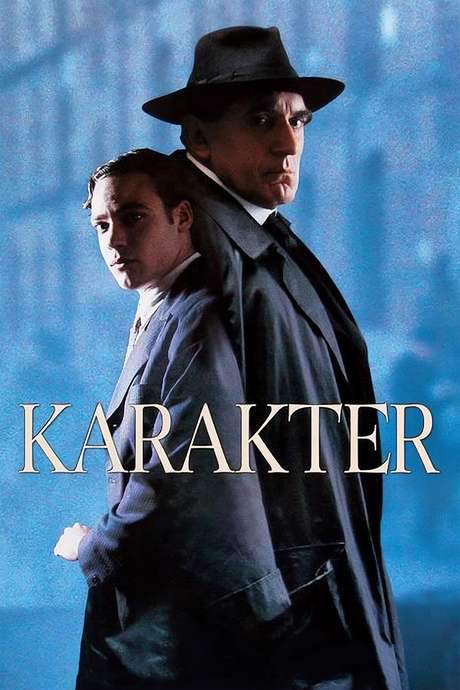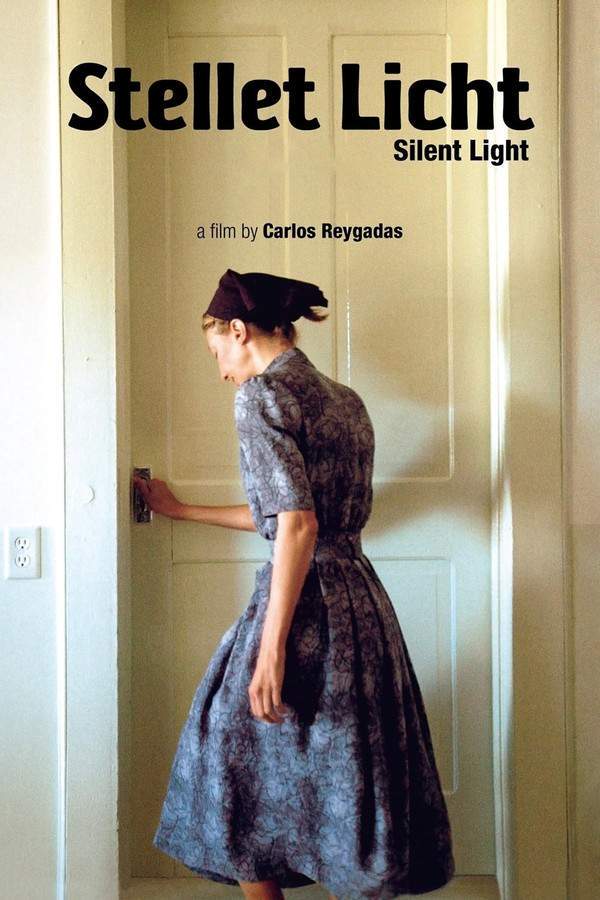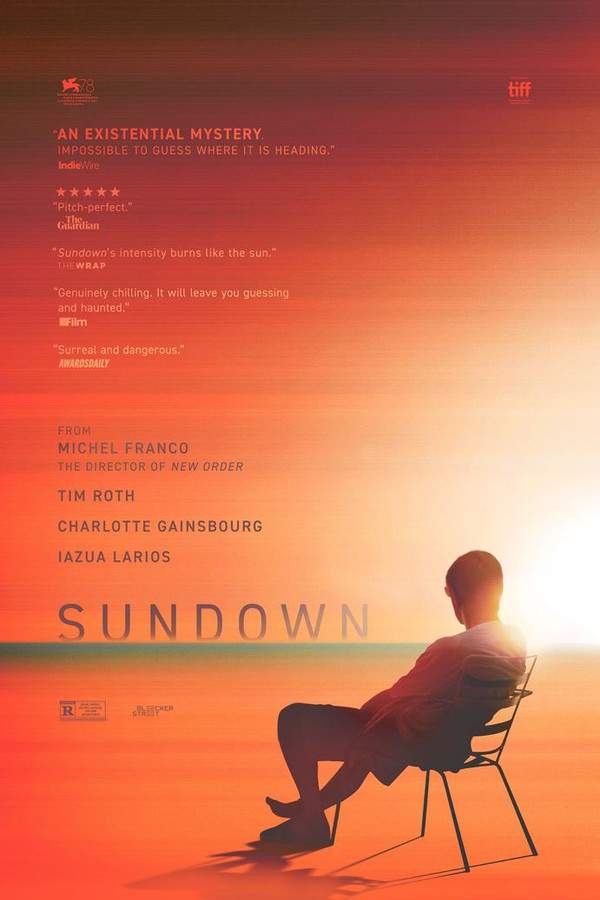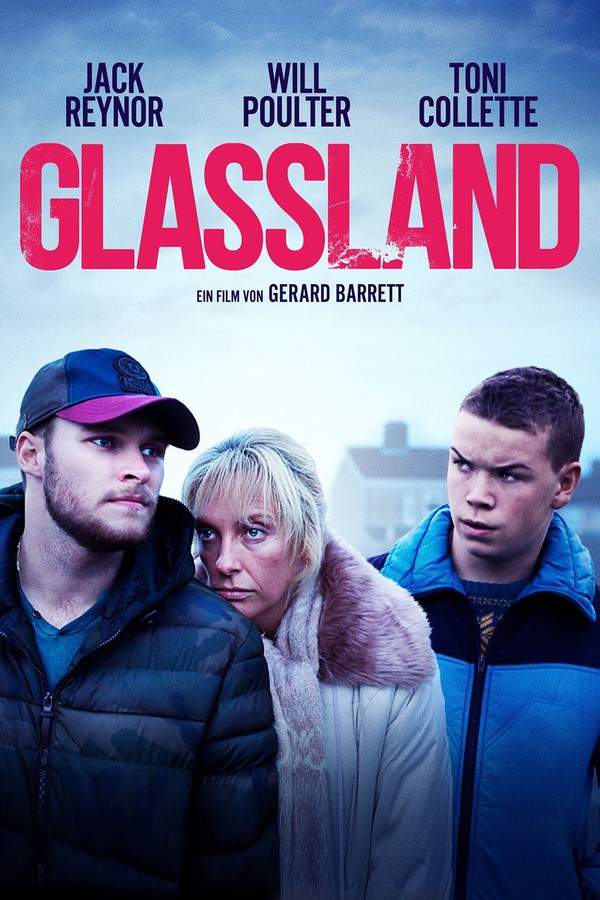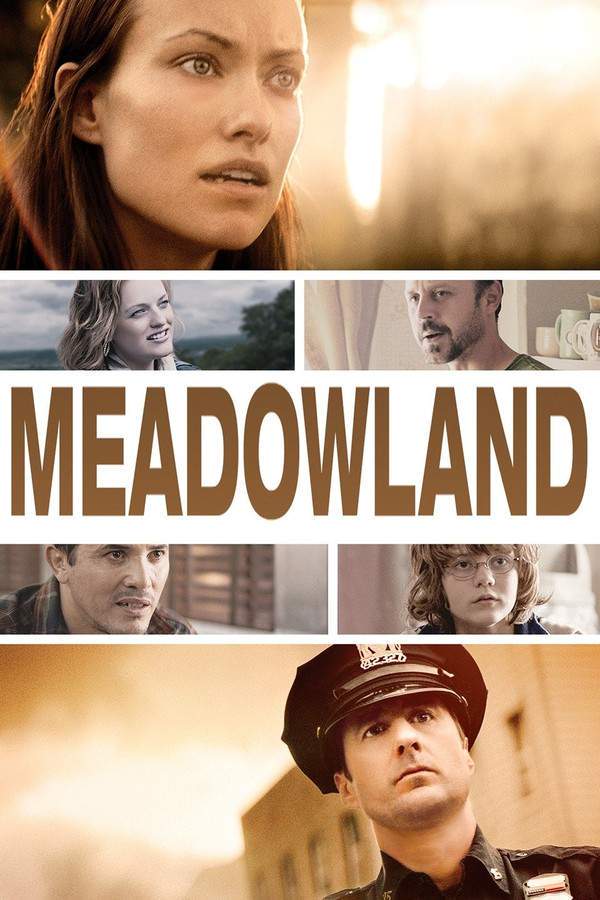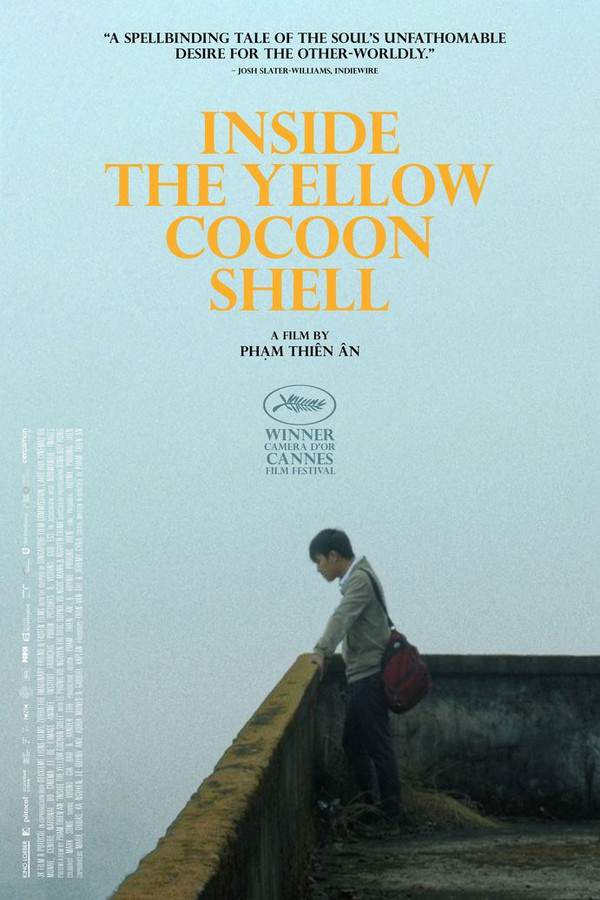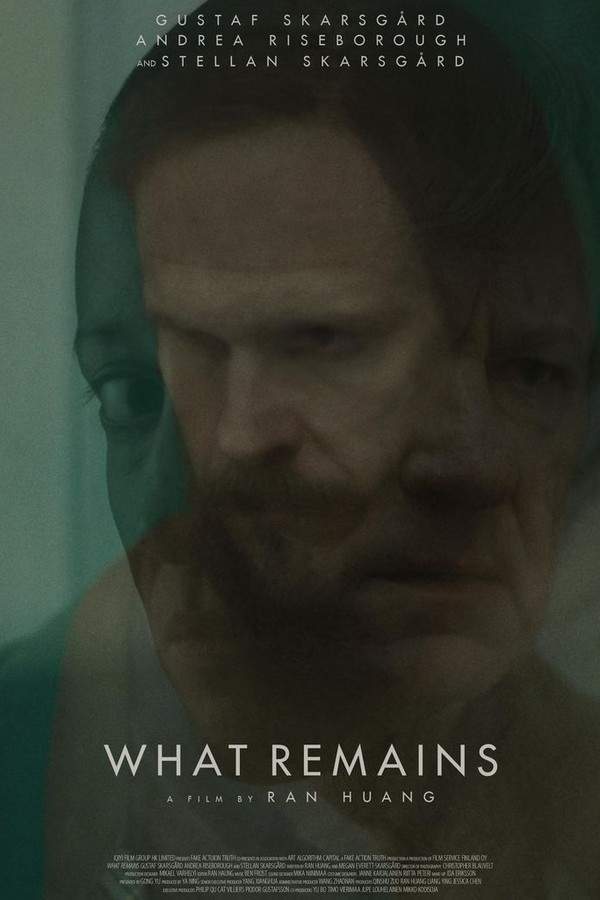
Poetry
Year: 2011
Runtime: 139 min
Language: Korean
Director: Chang-dong Lee
An elderly woman grapples with the onset of Alzheimer's disease while her family faces a serious crisis. Her teenage grandson, for whom she is responsible, becomes embroiled in a troubling situation when he is accused, along with a group of boys, of contributing to the suicide of a classmate. The film explores themes of family, responsibility, and the devastating impact of loss and accusation.
Warning: spoilers below!
Haven’t seen Poetry yet? This summary contains major spoilers. Bookmark the page, watch the movie, and come back for the full breakdown. If you're ready, scroll on and relive the story!
Timeline – Poetry (2011)
Trace every key event in Poetry (2011) with our detailed, chronological timeline. Perfect for unpacking nonlinear stories, spotting hidden connections, and understanding how each scene builds toward the film’s climax. Whether you're revisiting or decoding for the first time, this timeline gives you the full picture.
Last Updated: October 09, 2025 at 15:46
Explore Movie Threads
Discover curated groups of movies connected by mood, themes, and story style. Browse collections built around emotion, atmosphere, and narrative focus to easily find films that match what you feel like watching right now.
Melancholy moral decay dramas like Poetry
Character-driven stories of quiet collapse under the weight of responsibility and loss.If you liked the quiet, devastating moral collapse in Poetry, explore other movies like it. These films feature similar slow-burn pacing, heavy emotional weight, and a focus on characters grappling with fading memory, familial responsibility, and profound ethical dilemmas.
Narrative Summary
Stories in this thread typically follow a protagonist, often elderly or isolated, navigating a personal crisis that exposes a deeper moral failing within themselves or their family. The narrative unfolds slowly, emphasizing the internal emotional landscape over external plot, and often concludes with an ambiguous or bittersweet resolution that underscores the themes of irretrievable loss and the elusiveness of truth.
Why These Movies?
These films are grouped together because they share a specific emotional tone—a pervasive, reflective melancholy—and a narrative focus on the intersection of personal decline and ethical compromise. They are united by their deliberate pacing, heavy emotional weight, and their ability to find profound sadness in quiet, everyday moments of failure and remembrance.
Quiet trauma dramas with a slow pace like Poetry
Films that unpack societal and personal trauma with quiet intensity and moral ambiguity.For viewers seeking films similar to Poetry's handling of trauma and its aftermath. These movies share a slow, deliberate pace and a heavy emotional focus on the consequences of violence and the struggle for expression, often leaving moral questions unresolved.
Narrative Summary
The narrative pattern involves a central, often suppressed, traumatic event that gradually comes to light. The story is less about the event itself and more about its ripple effects on a community or family, focusing on denial, complicity, and the immense difficulty of articulating pain. The journey is internal and psychological, favoring emotional realism over dramatic climaxes.
Why These Movies?
These films are linked by their shared commitment to exploring trauma with restraint and emotional depth. They possess a similar vibe: a slow-burn pace that creates a sense of dread and sadness, a tone that is somber and reflective rather than explosive, and a thematic preoccupation with the moral compromises people make to survive unbearable truths.
Unlock the Full Story of Poetry
Don't stop at just watching — explore Poetry in full detail. From the complete plot summary and scene-by-scene timeline to character breakdowns, thematic analysis, and a deep dive into the ending — every page helps you truly understand what Poetry is all about. Plus, discover what's next after the movie.
Poetry Summary
Read a complete plot summary of Poetry, including all key story points, character arcs, and turning points. This in-depth recap is ideal for understanding the narrative structure or reviewing what happened in the movie.

Characters, Settings & Themes in Poetry
Discover the characters, locations, and core themes that shape Poetry. Get insights into symbolic elements, setting significance, and deeper narrative meaning — ideal for thematic analysis and movie breakdowns.

Poetry Spoiler-Free Summary
Get a quick, spoiler-free overview of Poetry that covers the main plot points and key details without revealing any major twists or spoilers. Perfect for those who want to know what to expect before diving in.

More About Poetry
Visit What's After the Movie to explore more about Poetry: box office results, cast and crew info, production details, post-credit scenes, and external links — all in one place for movie fans and researchers.


